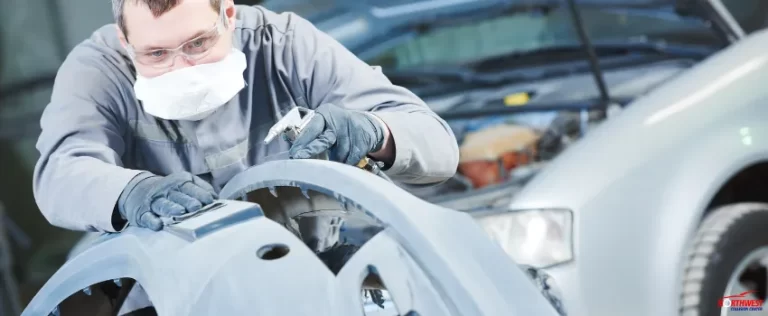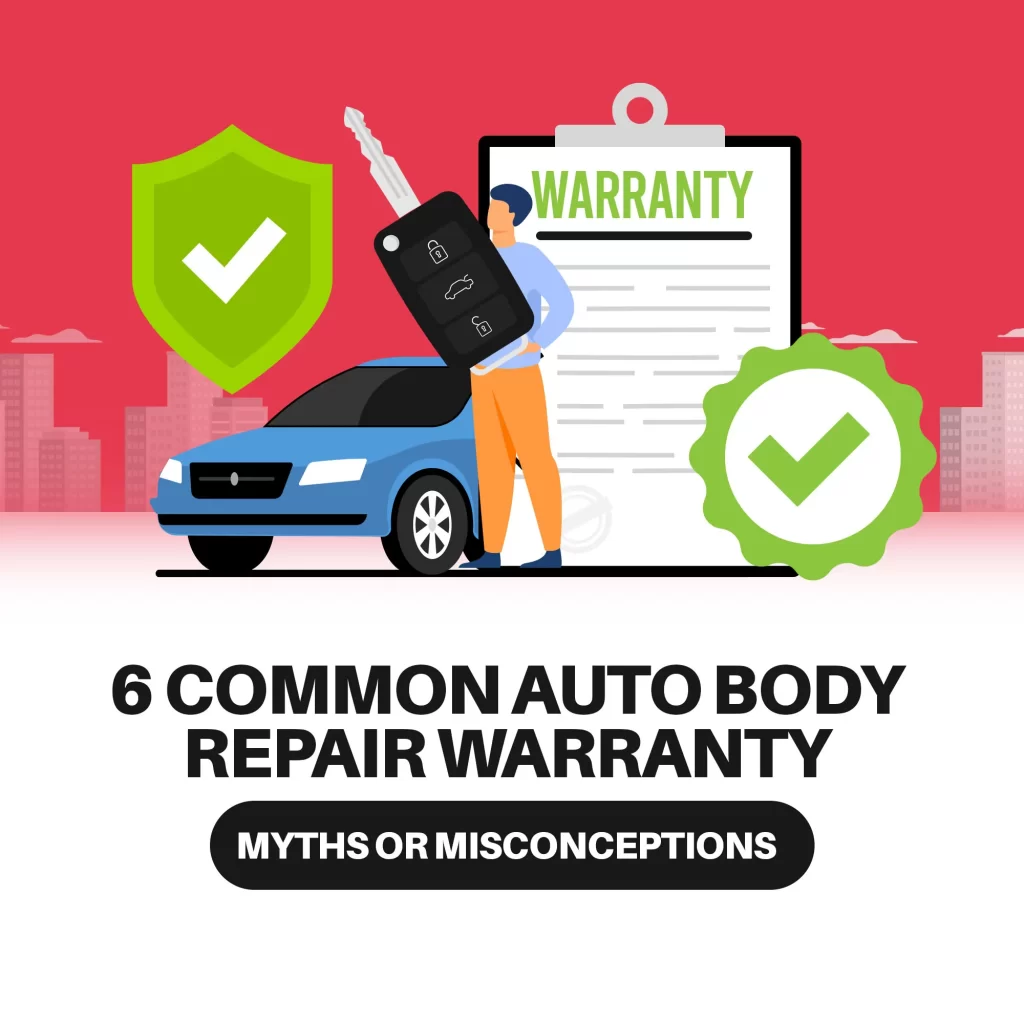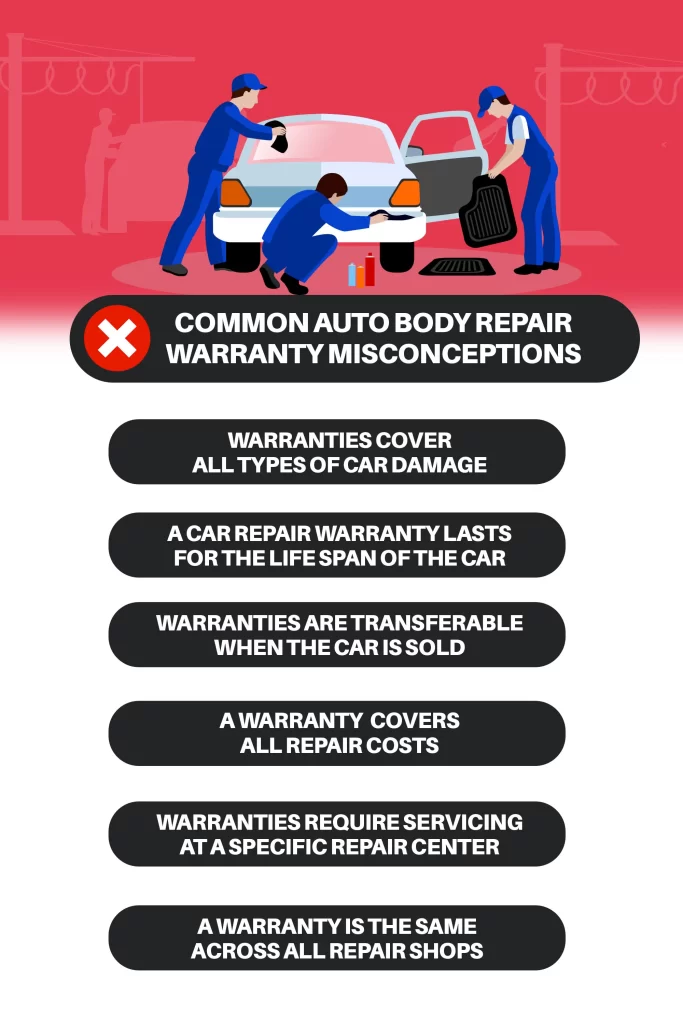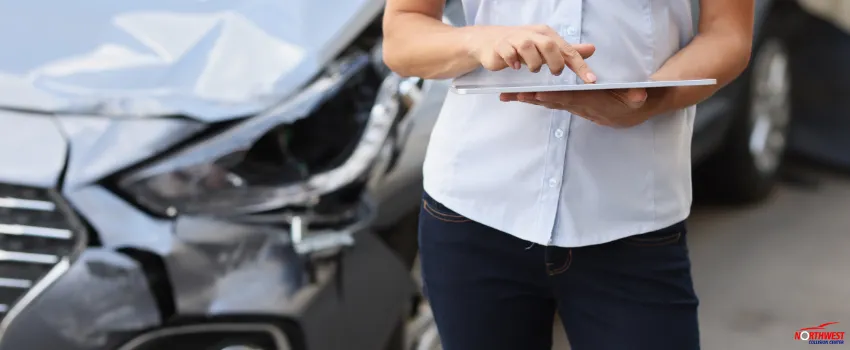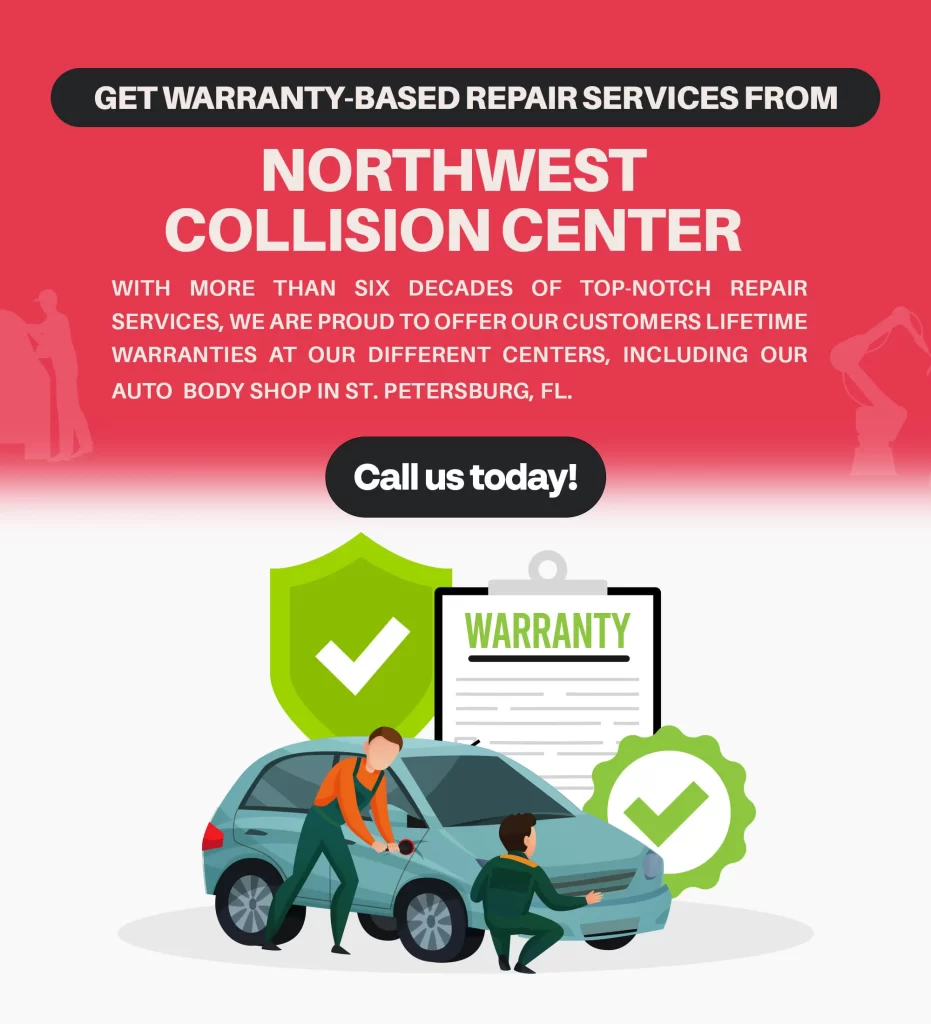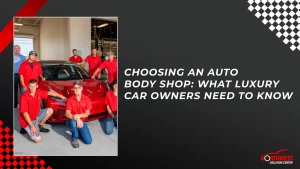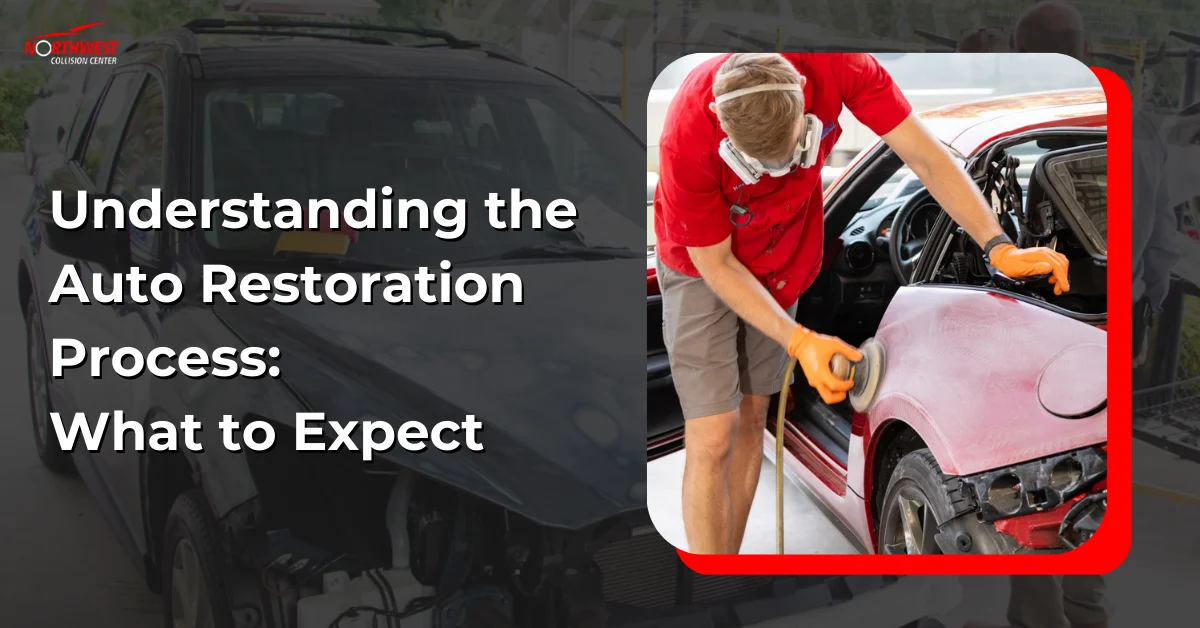Lifetime warranties on auto repairs are a valuable offering provided by certain repair facilities. These are designed to provide car owners with peace of mind and reassurance that the repairs performed on their vehicles will stand the test of time.
An auto body repair warranty typically covers the specific repairs that were performed on the vehicle. This can include various aspects such as paintwork, dent removal, frame alignment, and any other repairs necessary to restore the car to its pre-accident condition.
What is a lifetime warranty on a car?
This usually covers specific components or systems of the car for as long as you own it. It’s uncommon for automakers to offer a comprehensive warranty that covers the entire vehicle without any limitations or exclusions. Instead, the focus is often on specific car parts such as the engine, drivetrain, or powertrain.
Also, keep in mind that a car repair warranty is not the industry norm, and most of them have limitations in terms of time and mileage. Thus, it’s always advisable to research and compare various warranty options before making a purchase decision.
What does a car lifetime warranty cover?
Also known as a lifetime powertrain warranty, this typically covers the major components of the vehicle’s powertrain. The powertrain refers to the different parts of your car that generate and deliver power to the wheels, including the engine, transmission, and drivetrain components, such as the driveshaft, differential, CV joints, and axles.
The specific coverage can vary depending on the manufacturer and the warranty terms. Some warranties may include components like the fuel, cooling, and electrical systems, while others may exclude certain parts, especially wear-and-tear items such as brake pads and tires.
Car Paint Job Warranty
Many auto paint jobs normally come with a warranty. The specifics, however, tend to vary depending on the paint shop involved or the manufacturer,. Given this, it’s essential that you inquire about your car paint warranty coverage before getting that paint job.
Often, there are three key points that govern a car paint job warranty. The first is the duration period where the common coverage lasts only a few years. The second is the coverage of the warranty, which usually involves defects in the paint application. The third is the prerequisites where specific conditions need to be met first to ensure coverage. For example, the warranty may require regular maintenance, such as car waxing or washing using approved products.
Common Auto Body Repair Warranty Misconceptions
There are various myths and misconceptions regarding warranties for auto repair. Below are some of the common ones.
1. Warranties cover all types of car damage.
Warranties on auto body repair typically cover only specific types of damage. These also usually apply to repairs done by a specific car shop and only cover the workmanship and materials used. They may not cover unrelated damage or wear and tear that occurred after the initial repair.
2. A car repair warranty lasts for the life span of the car.
The lifetime referred to in a given warranty refers to the lifetime of the original ownership of the vehicle. Once there’s a change in ownership, the warranty becomes invalid.
3. Warranties are transferable when the car is sold.
While this is the case in a few warranties, the majority do not provide transfer options. The warranty is typically tied to the original owner and becomes null and void when the vehicle is sold to a third party.
4. A warranty covers all repair costs.
Many car warranties usually cover the cost of repairing or replacing faulty workmanship or materials. However, they do not cover the expenses associated with routine maintenance, wear and tear, or any damage caused by accidents or negligence. The typical auto body repair warranty is meant to provide assurance against defects in the repair process, not to cover all potential damages to a given vehicle.
5. Warranties require servicing at a specific repair center.
This could be the case in some car warranties, but it is not a universal requirement. Often, you have the freedom to choose any reputable repair shop for your auto repair needs. Nevertheless, you should review the terms and conditions of your warranty to determine if there are any restrictions on where you can have the repairs done.
6. A warranty is the same across all repair shops.
Warranties can vary significantly among different repair shops. The coverage, terms, and conditions often differ, so it’s important that you compare various offers and choose a reputable repair center that offers what you believe is the best car repair warranty.
Key Takeaway
Auto repair warranties are designed to provide vehicle owners with an added layer of protection and assurance. By offering coverage for the repairs performed on a car, these warranties emphasize the commitment of a repair shop to deliver high-quality work.
To take full advantage of an auto body repair warranty, it’s crucial that you choose a reputable repair shop that offers such coverage. When selecting a repair facility, consider its reputation, expertise, and the quality of its work.
Get warranty-based repair services from Northwest Collision Center.
There are auto repair shops that deliver quality work but without any warranty. Northwest Collision Center strives to be different.
With more than six decades of top-notch repair services, we are proud to offer our customers lifetime warranties at our different centers, including our auto body shop in St. Petersburg, FL. Call us now and find out why we are different.

